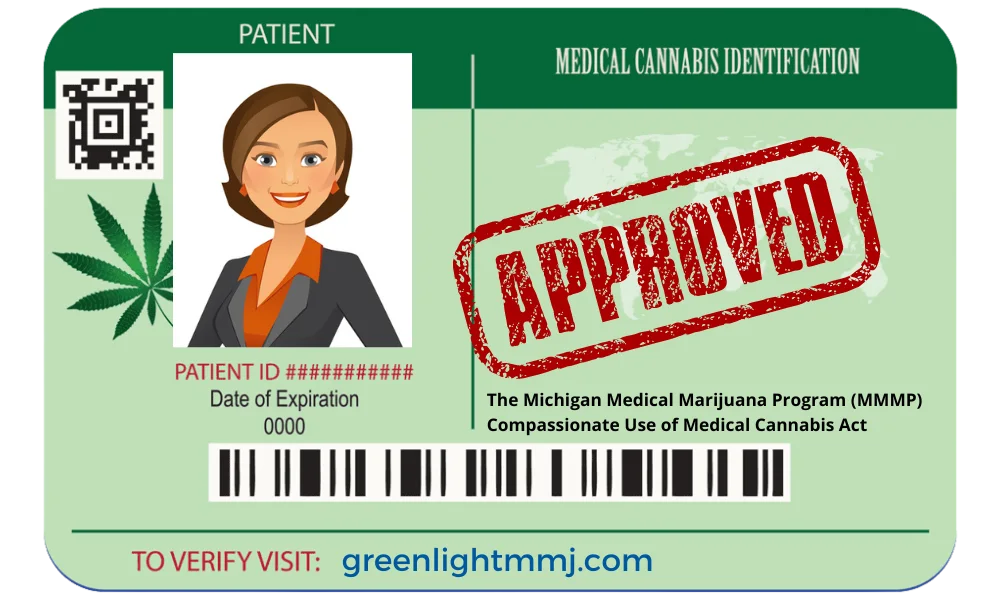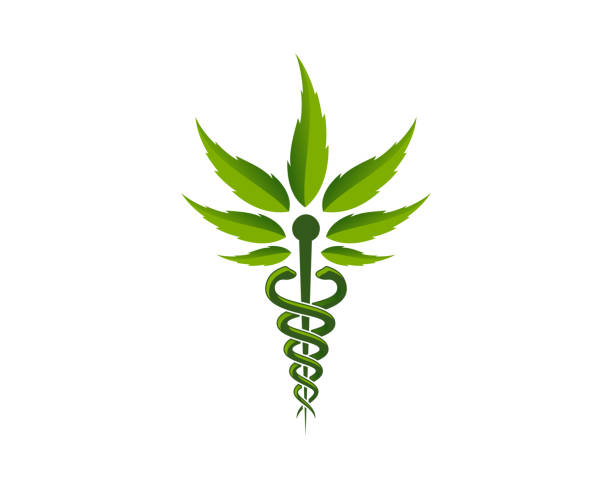Obtain Your Medical Marijuana Card Clinton MS Swiftly and Quickly
Shedding Light on What Medical Cannabis Can Cure: a Thorough Analysis of Its Restorative Qualities
In recent years, there has actually been an expanding rate of interest in the healing capacity of medical marijuana. While anecdotal evidence abounds, a detailed assessment of the clinical information pertaining to the efficiency of medical cannabis in dealing with these problems is warranted.
Chronic Discomfort Monitoring
Persistent pain monitoring continues to be a vital aspect of clinical care, demanding a comprehensive approach for efficient treatment. Over the last few years, medical marijuana has become a prospective therapeutic option for individuals struggling with chronic discomfort conditions. The endocannabinoid system, which plays a crucial duty hurting inflection, has been targeted by cannabis-based therapies to reduce symptoms and enhance high quality of life for individuals.

Additionally, medical marijuana uses an encouraging choice for clients that experience unbearable adverse effects from typical discomfort medicines. Its capability to deal with discomfort with a various system makes it an important addition to the toolbox of treatments available for persistent pain management.
Epilepsy Treatment Possible
Clinical marijuana has shown encouraging capacity in the treatment of epilepsy, supplying an unique therapeutic strategy for taking care of seizures in clients. Epilepsy is a neurological condition identified by recurring seizures, impacting people of all ages. Typical therapies for epilepsy include antiepileptic drugs, but these drugs may not be effective for all patients and can have substantial side effects.
Study on making use of medical marijuana for epilepsy has disclosed encouraging results. Cannabidiol (CBD), a non-psychoactive compound discovered in marijuana, has actually been particularly highlighted for its anticonvulsant residential or commercial properties. Studies have actually revealed that CBD can reduce the regularity and severity of seizures in individuals with treatment-resistant forms of epilepsy, such as Dravet syndrome and Lennox-Gastaut syndrome.
In Addition, the FDA has approved a CBD-based medicine, Epidiolex, for the therapy of seizures connected with these extreme kinds of epilepsy. This landmark underscores the growing recognition of medical cannabis as a valuable restorative option for managing epilepsy and supplies expect people that have actually not responded well to conventional therapies.
Queasiness Alleviation Conveniences
The relief of queasiness with the use of cannabis has actually been increasingly recognized for its healing benefits in numerous clinical problems. Nausea and throwing up prevail signs and symptoms experienced by patients undergoing radiation treatment, those with intestinal disorders, and individuals with persistent pain conditions. Clinical cannabis, with its energetic substances such as THC and CBD, has revealed pledge in giving remedy for nausea.

Moreover, clinical marijuana offers a natural choice for people that do not respond well to typical anti-nausea drugs or that experience extreme side results from these medicines. People undergoing radiation treatment, particularly, have reported significant renovations in their lifestyle when making use of cannabis to take care of queasiness. As research study in this field remains to grow, medical marijuana is significantly being taken into consideration as an important option for queasiness relief in different clinical settings.
Anxiety Decrease Effects
Researches have actually shown the capacity of marijuana in minimizing anxiety symptoms via its communication with the endocannabinoid system. The endocannabinoid system plays an important function in controling emotions, including anxiousness, by maintaining homeostasis in the body. Cannabinoids in marijuana, such as THC and CBD, communicate with the endocannabinoid receptors in the mind, particularly the CB1 and CB2 receptors, to regulate anxiety-related feedbacks.

Clients with conditions like generalized anxiousness condition (GAD), social anxiety disorder, and post-traumatic YOURURL.com anxiety disorder (PTSD) might profit from the anxiolytic buildings of cannabis (Medical Marijuana Dispensary near me). However, more research study is needed to establish optimal does, shipment techniques, and long-lasting impacts on anxiety monitoring.
Prospective for Inflammation Control
With its well-known anti-inflammatory buildings, marijuana has actually shown promise in potentially managing swelling within the body. Inflammation is the body's all-natural feedback to injury or infection, yet when it becomes chronic, it can add to numerous conditions such as joint inflammation, inflammatory digestive tract look at this web-site condition, and even cardiovascular disease. Research study recommends that the cannabinoids discovered in marijuana, such as THC and CBD, can aid control the immune action and minimize inflammation.
Research studies have shown that cannabis can engage with the endocannabinoid system, which plays a crucial function in controling swelling. By targeting the cannabinoid receptors, cannabis compounds can regulate the immune action, causing a reduction in swelling degrees. This makes cannabis a potential candidate for managing inflammatory problems where traditional treatments have failed.
Furthermore, cannabis-derived products like CBD oil have obtained appeal for their anti-inflammatory buildings, with lots of individuals utilizing them as an all-natural remedy for conditions associated with inflammation. While more study is needed to completely understand the systems behind cannabis's anti-inflammatory impacts, present findings reveal appealing results for the potential usage of medical cannabis in controlling inflammation.
Final Thought
To conclude, medical marijuana has actually shown encouraging therapeutic homes in managing persistent discomfort, dealing with epilepsy, relieving queasiness, reducing anxiety, and managing swelling. Its possible benefits in different clinical problems highlight the value of additional research study and expedition into its medical use. The evidence recommends that medical cannabis can be a valuable option therapy choice for individuals looking for relief from a range of conditions and symptoms.
In recent years, medical marijuana has arised as a potential restorative alternative for individuals suffering from persistent pain conditions.Clinical marijuana has revealed promising potential in the treatment of epilepsy, offering an unique healing method for managing seizures in patients. As research study in this area continues to expand, medical cannabis check my site is significantly being taken into consideration as a valuable choice for queasiness relief in numerous medical setups.
In conclusion, clinical marijuana has shown promising therapeutic properties in handling chronic discomfort, treating epilepsy, alleviating queasiness, reducing anxiousness, and controlling swelling. The evidence suggests that clinical marijuana can be a valuable alternative therapy option for patients looking for relief from an array of symptoms and conditions.